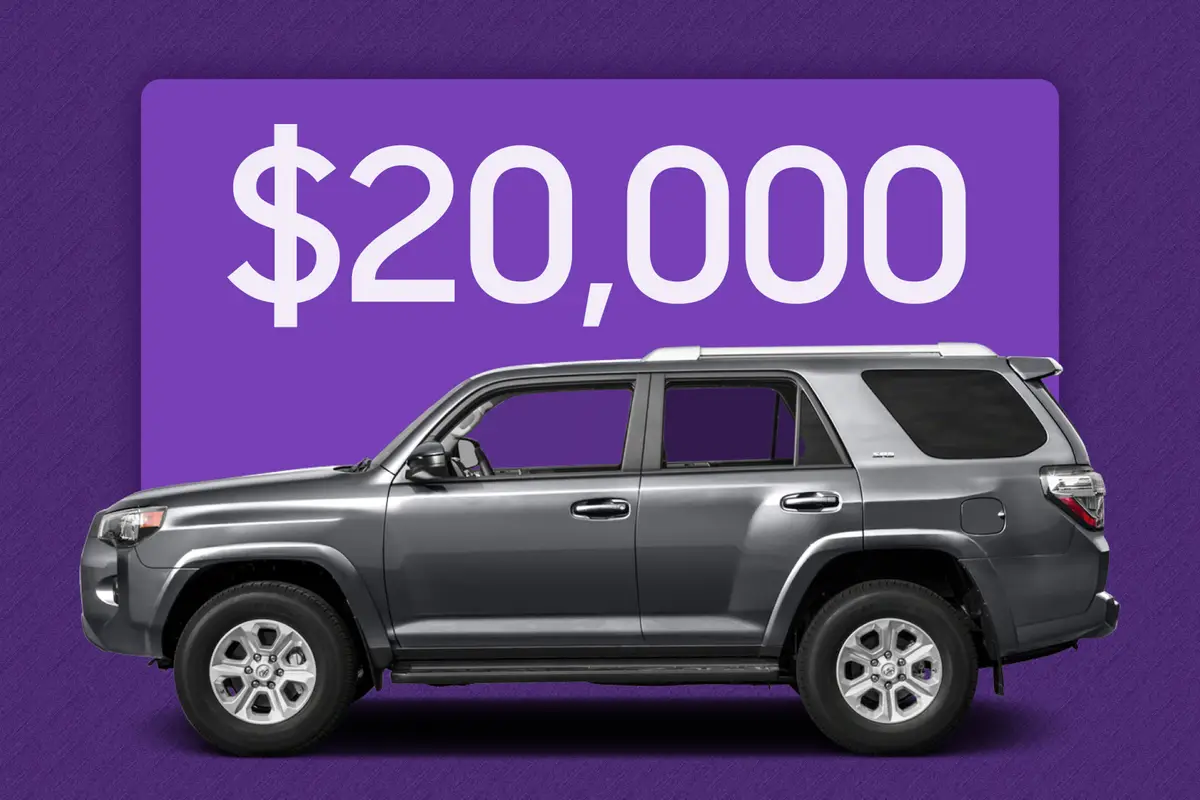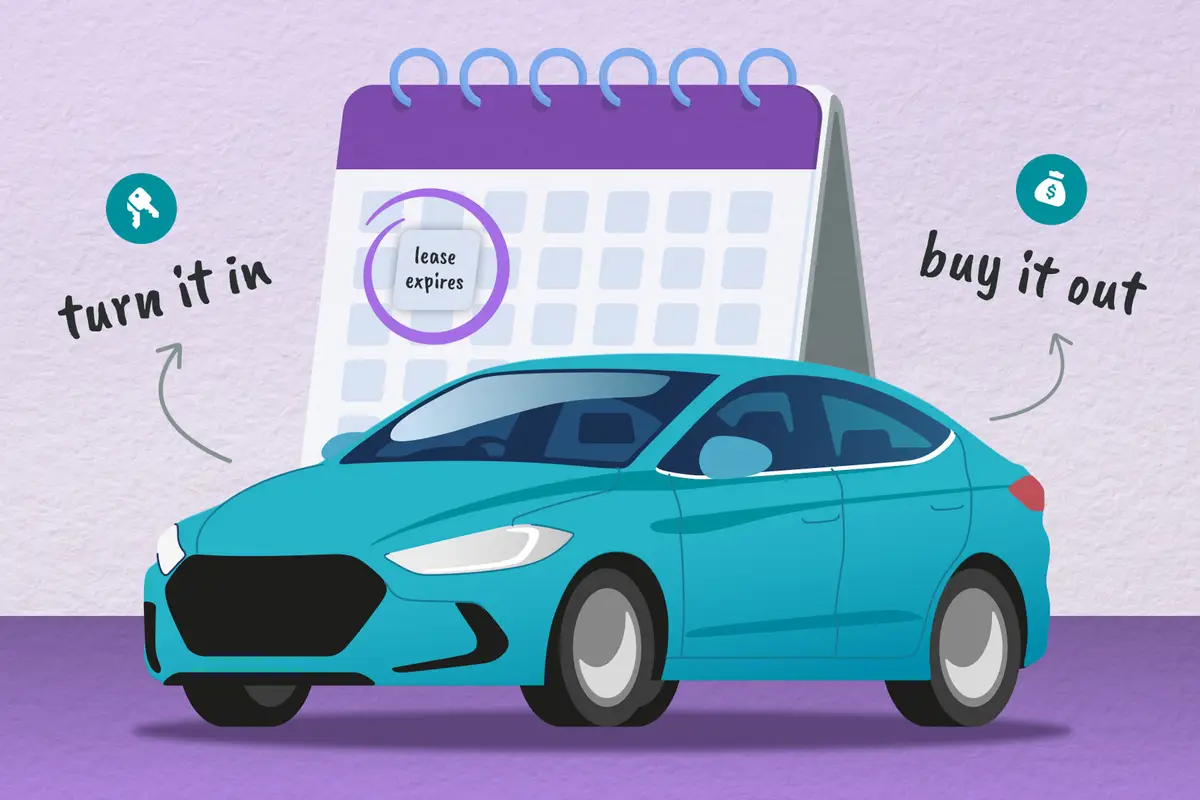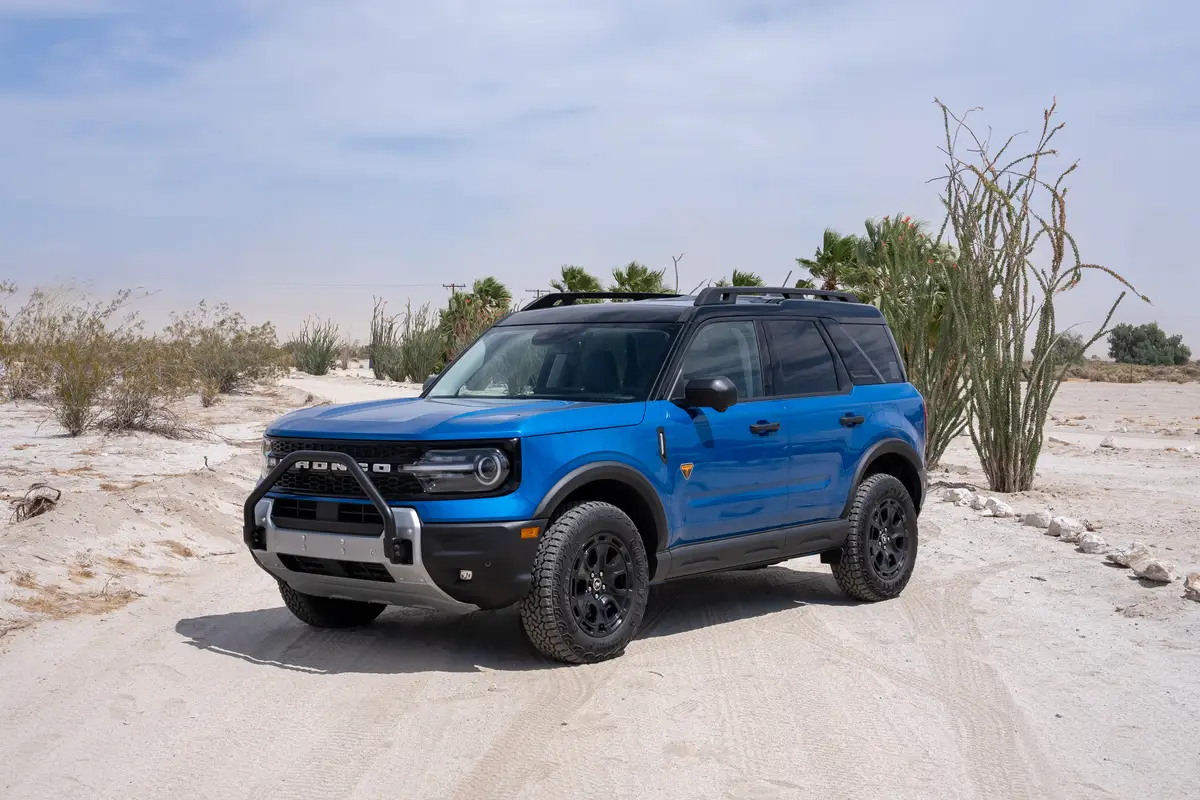Mysterious 'Chevy Shake' Brings Much Frustration, Few Solutions
Ron Seewald thought his 2016 GMC Sierra 1500 Denali crew cab was the truck of his dreams. In almost every way, he said, it was an improvement over his nearly identical 2014 trade-in.
Then, his dream turned into a nightmare.
An irritating highway vibration showed up after about 1,000 miles and then grew worse. After a trip to a dealer produced no remedy, Seewald explored online and discovered a community of owners with complaints about vibrating GM pickups and full-size SUVs.
What some call the "Chevy Shake" is a mysterious problem affecting a small percentage of 2014 and newer Chevrolet and GMC half-ton pickup trucks, as well as current-generation Chevy, GMC and Cadillac full-size, truck-based SUVs. Even more problematic than not knowing when or if your truck will develop the shake is that it appears to be difficult to isolate. Owners such as Seewald and clever dealers are trying a variety of remedies — new tires, new U-bolts, different wheel alignments and even reattaching roof bows in certain SUVs. There also is talk that GM's new Magnetic Ride Control shocks could be involved, something dealer techs tell Seewald they can't test.
This whole issue is exasperating for Seewald, who has purchased new GM trucks since 1970. Adding insult to injury, his 2016 pickup with the 6.2-liter V-8 and eight-speed transmission is a replacement for a 2014 model that had its own problems. This replacement transaction ended up costing him about $7,000, with GM matching the price of the vehicles and Seewald covering the taxes and registration.
Now $7,000 in the hole and with a vibrating 2016 Sierra, Seewald is left waiting for GM to figure out the issue and provide a technical service bulletin or (less likely) a recall.
"After some discussion [with the dealer], the tech said he would call GM and see what they want to do," Seewald said. "They did not write a repair order on the vibration so I requested documentation. Two weeks later I'm still waiting … no call and no repair order."
What Exactly Is the Chevy Shake?
The issue, as detailed on various online forums and in dozens of complaints to the National Highway Traffic Safety Administration, seems to revolve around GM's so-called K2XX platform that underpins the latest generation of full-size pickups and SUVs, including the Chevy Silverado, GMC Sierra, Chevy Tahoe and Suburban, GMC Yukon and Yukon XL, and Cadillac Escalade and Escalade ESV. Some owners complain about booming sounds in the cabin akin to driving around with the rear windows down. Some also complain about vibration inside the cabin, a sensation some say is amplified when the vehicle enters V-4 mode via the V-8's gas-saving cylinder-deactivation technology.
GM's Attempts to Correct Issue
GM has issued two service bulletins — one for pickups and one for SUVs — that indicate different potential sources of vibration. The truck bulletin (PI1354C) focuses on tires, prop shafts, re-tightening body mounts and checking driveline angles as well as replacing drive shafts. The truck bulletin also mentions checking the drive shafts for dents. The SUV bulletin (PIT5318B) focuses on the roof with a possible cause being poorly attached roof sheet metal. The fix is to essentially rebond the roof bows.
Some online reports, however, say these fixes have not worked. Other theories focus on U-bolts, adding engine mount shims, checking the exhaust back-pressure valve and replacing the rear axle.
On March 30, 2016, a dealer reported a 2016 Chevy Silverado 1500 with a similar vibration issue (NHTSA No. 10852511), saying the truck "has the Chevy shakes between 38 and 70 miles per hour. [It has a] 5.3L V-8 motor and 8-speed transmission, 3.42:1 rear axle and locking differential. Been selling GMs for 55 years and if this was a demonstrator we would never sell another truck."
And customer frustration is boiling over. An owner of a Yukon XL posted that he turned the vehicle back in to his dealer and got a refund check for his down payment and one additional payment.
He reported, "As I said before, best car ever. But I am not making the headaches up. It was legitimately affecting me. I'm in sales and drive a lot. This is a health concern."
Contacted about the issues, GM provided this statement: "GM is aware of customer concerns regarding a buffeting noise in certain full-size GM trucks. GM does not believe this is a safety issue. Customer satisfaction is our top priority and any customers with a vehicle exhibiting these conditions should visit their GM dealer for vehicle inspection and potential repair under warranty."
Platform to Blame?
This issue reminds us of a Toyota Tacoma low-speed vibration issue that plagued 2005-2015 trucks. Some would shake at lower speeds but not all of them; you literally could drive two trucks on any sales lot and get a different feel or result.
Toyota issued a slew of technical service bulletins to try to address the issue with a variety of repairs, including putting a foam pad on top of the steering wheel behind the cover. Ultimately, none really helped much.
The real fix was the 2016 Tacoma that was redesigned from the ground up. All the brackets and driveline angles were adjusted in ways to eliminate any vibration.
Remembering this makes us think the Chevy Shake may not go away until a new Silverado/Sierra 1500 platform comes out in a year or two. Unfortunately, guys such as Seewald may be stuck trying one potential solution after another.
"I may try to fix it myself," Seewald said, "but then I will have to 'own' the problem, letting GM off the hook."
Cars.com photos by Tim Esterdahl

Featured stories




